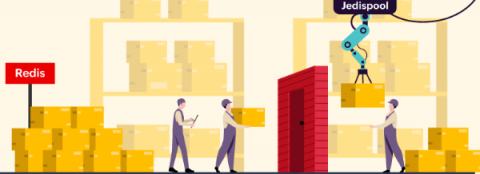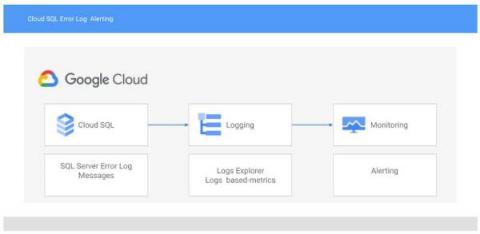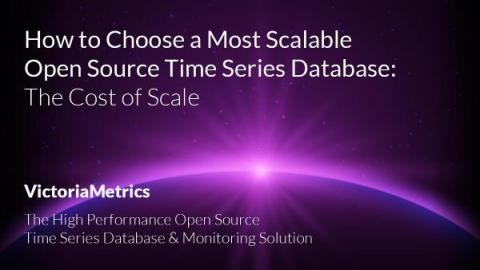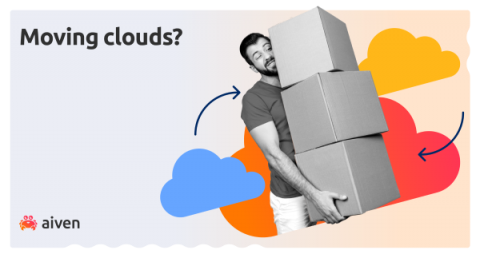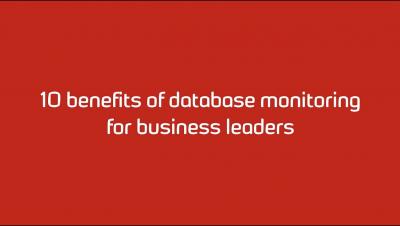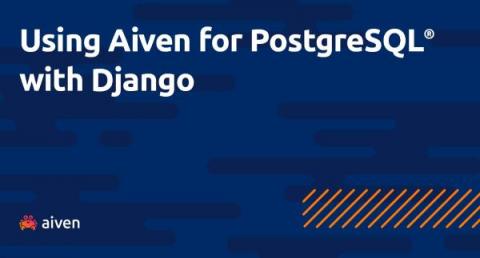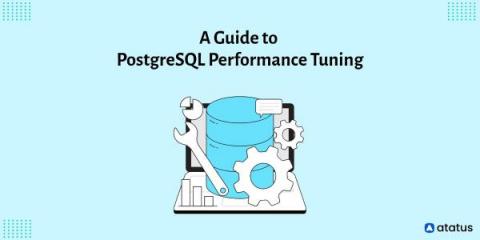How to optimize Redis with JedisPool
Do you love reading about how various performance-related issues are traced out and fixed? If so, here's our story of how we fixed the Redis performance issues we were facing by optimizing JedisPool. We hope this will help you strengthen your IT environment. Our Redis performance issues and efforts to find the cause


